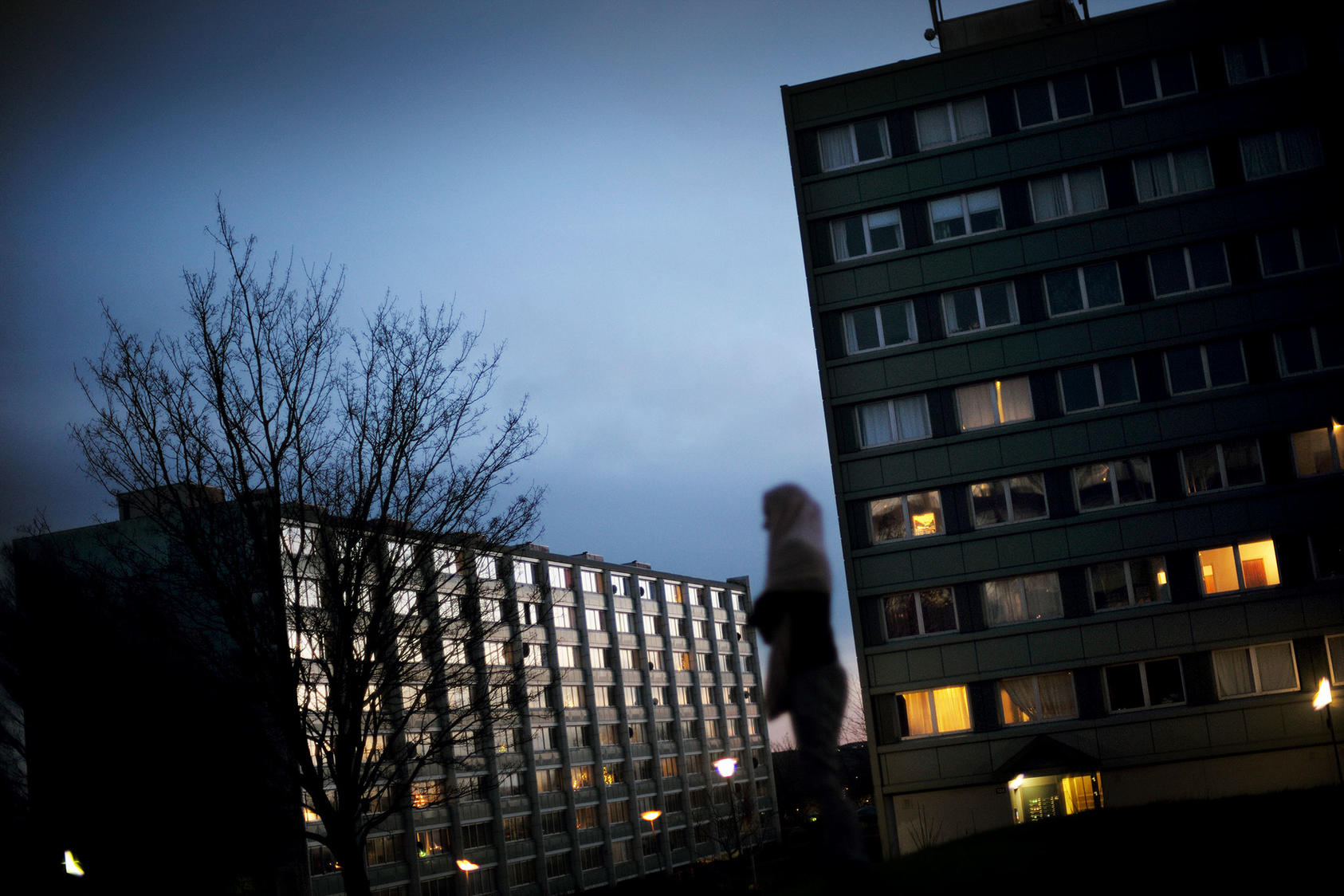Violent Extremist Disengagement and Reconciliation: A Peacebuilding Approach
Existing efforts to disengage people from violent extremism are derived from security imperatives rather than from a peacebuilding ethos. This report—one of a series to be published by USIP’s program on violent extremism—presents a framework through which peacebuilders can foster disengagement from violent extremism and reconciliation between those disengaging and affected communities by examining the individual, social, and structural dynamics involved.

Summary
Disengagement from violent extremism is inherently social and behavioral. Rather than changing beliefs, ideologies, and worldviews, it involves rejecting violence as a way to resolve conflict, express grievances, or pursue a goal. Peacebuilding tools offer opportunities to contribute to disengagement by fostering reconciliation and addressing complex dynamics across individual, social, and structural dimensions. The framework for disengagement that this report presents is a deliberately noncontextualized ethos to guide the development of locally tailored programs and policies from a constellation of principles.
Although violent extremism is only one of a host of social challenges that result from similar drivers and risk factors, the dominant approaches to it since 2001 have been largely defined by law enforcement and security imperatives that have exceptionalized it. Decades of public and behavioral health practice have developed successful strategies to reduce harm from high-risk behaviors and prevent violence. Decades of psychology, sociology, and criminology research shed light on why and how people voluntarily exit groups, including violent and ideological ones such as gangs and cults. These bodies of knowledge underscore that routinized prosocial interactions between those disengaging and community members and institutions are key to building relationships, generating social bonds, and promoting a sense of belonging.
Disengagement and reconciliation is a two-way street that involves not only lowering barriers to prosocial behavior in the individual but also opening spaces for such engagement in affected communities. Although no clinical or diagnosable pathology definitively identifies a terrorist, healing trauma and addressing other mental and behavioral health challenges in people who are disengaging can encourage help-seeking behavior and a willingness to engage with others. Reconciliation and restorative justice principles can provide a sense of justice and reduce stigma against those disengaging, enabling routine and sincere prosocial engagement and offering a tangible alternative identity. People often disengage from violent extremism in the same environments in which they first engaged. Structural reforms to address legitimate grievances link prevention with disengagement, helping transform the dynamics that contribute to violent extremism and build more resilient communities.
About the Report
This report presents a framework with which peacebuilders can foster disengagement from violent extremism and reconciliation between those disengaging and affected communities by examining the individual, social, and structural dynamics involved. One of a series, the report was supported by the Center for Applied Conflict Transformation at the United States Institute of Peace.
About the Author
Chris Bosley is a senior program officer for the Program on Violent Extremism at USIP, where he leads the Institute’s initiative on Violent Extremist Disengagement and Reconciliation. Previously, he served for a decade as an intelligence officer in the U.S. Navy and as a senior advisor for counterterrorism and countering violent extremism in the Office of the Director of National Intelligence.



